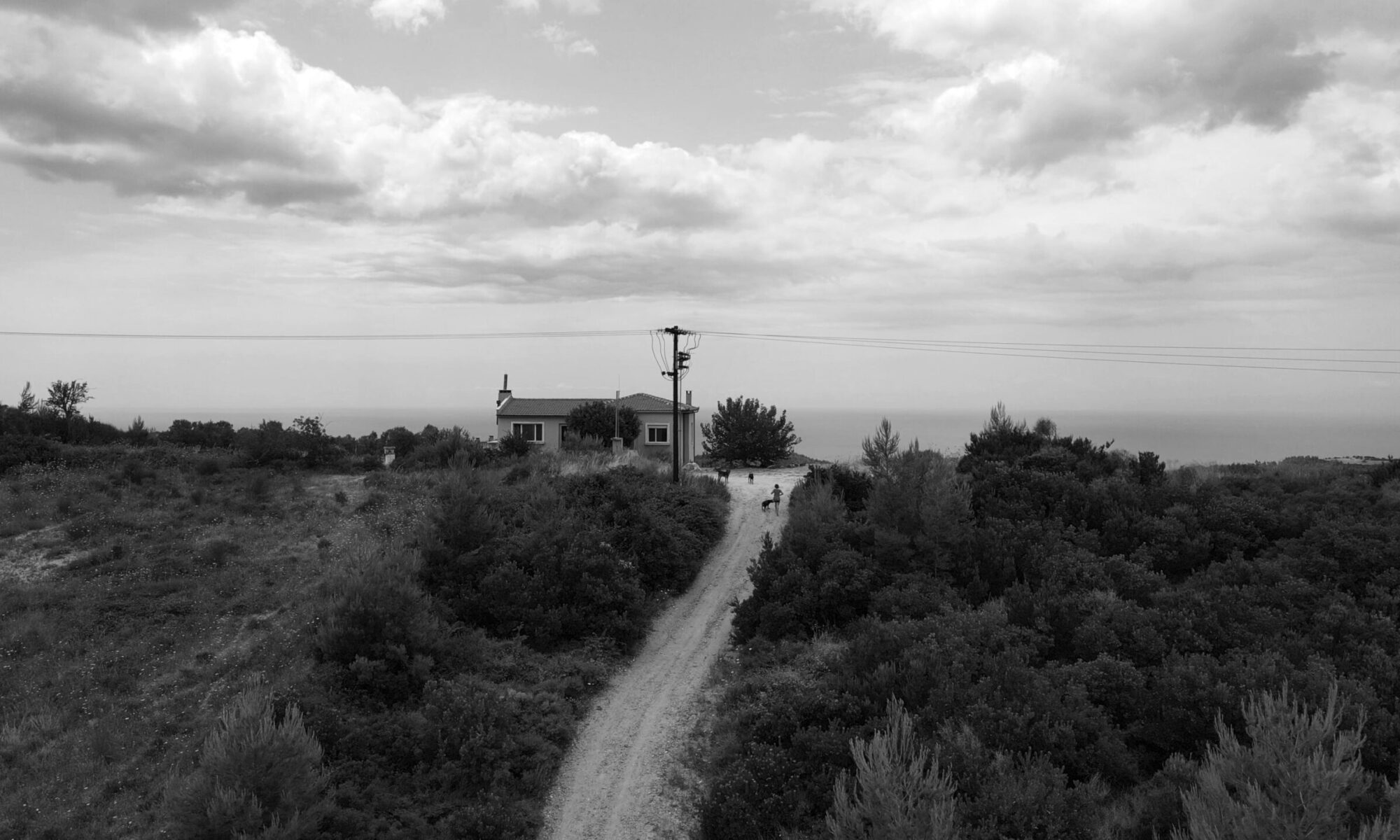FINDING EUROPE is a cinematic search for the desirable and possible future of the European Union.
The European house was once built by heads of state and governments and was initially primarily an economic project in the interest of a peace order. It was not the European people who demanded and fought for Europe, but they rather moved in the Union like tenants in a house that others built for them. Today, the European house is in need of renovation. Nationalists and separatists threaten it. Britain will leave the EU. People in other countries and regions are also campaigning for the exit.
Why is that? Why are the centrifugal forces getting stronger? Are people’s needs and interests neglected? Do people feel alien in this house or do they lack identification with the European idea? Do material circumstances and social equality ultimately determine whether Europeans want to identify with “their” Union? And what would a European house look like that would be modernized by its residents themselves? What should a united Europe of the future look like that can even convince its doubters?
With our participatory film project “Finding Europe” on behalf of the Goethe Institute and other partners we want to bring together mainly “ordinary” people, who come neither from public nor from professional life, between 16 and 99 years from at least six European countries. With us the winegrower from Italy meets the cinema operator from Great Britain and the assembly line worker from Germany and the librarian from Poland meet the kindergarten teacher from France. The participants will go on a filmic search for the possible future of Europe.
The development of the film project will also write on the story of the “Freiraum” project by the Goethe-Institut. Here protagonists from civil society, science and culture were found here and could get in touch and discuss the term “freedom” with one another and exchange creative ideas and solutions. With the film project “Finding Europe” we want to go a few steps further. The protagonists will not only react to each other. They will actually get to know each other, develop questions together and conduct interviews. Together they will go in search of the small but so important stories of the “little” people from different nations. They will ask about hopes and visions and fears. Like a puzzle, all of these small fragments, different perspectives and opposing opinions will result in an overall media picture that tells the mood in Europe apart from the media hegemony of politics and business and thus will help to find a Europe of the future that could actually enthrall the European people.
